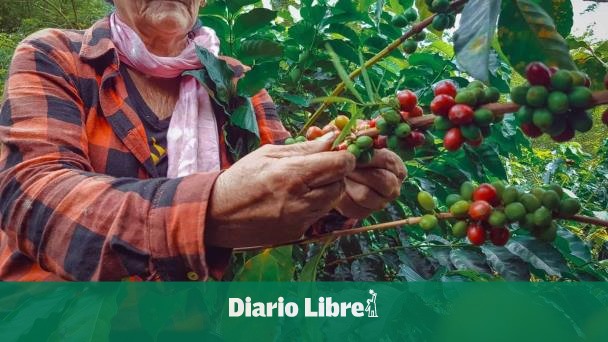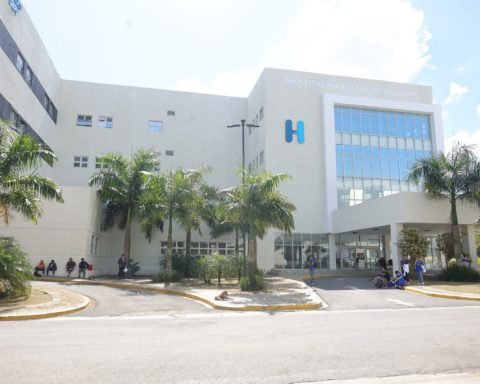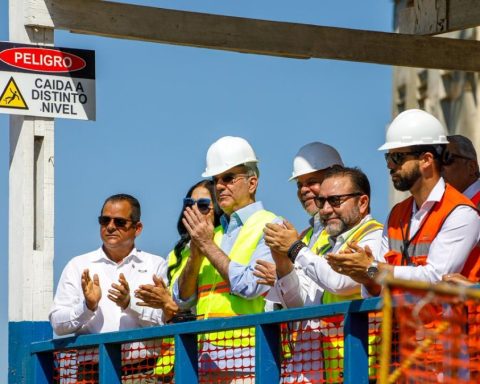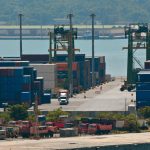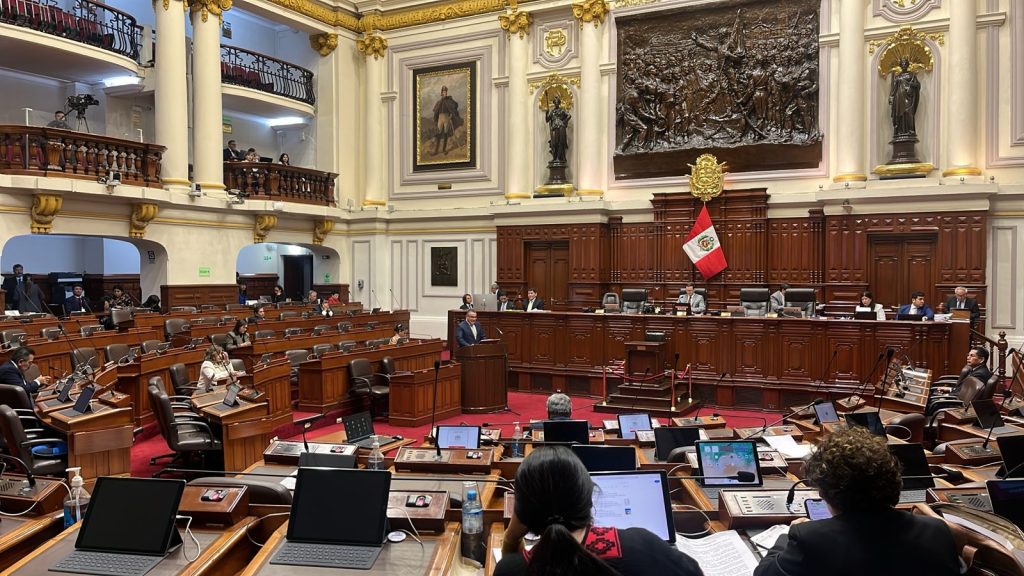The Commission European proposed this Wednesday to postpone the application of the controversial one year law on deforestation, which was due to come into force at the end of 2024 and was highly criticized by important trade allies of the bloc, including Brazil.
“Taking into account the comments received by international partners on the state of its preparations, the Commission also proposes to give interested parties additional time to prepare,” the institution announced in a statement.
The postponement would allow companies of countries exporters like Republic Dominican catch up, influencing above all the commercial operators that supply the European market of cocoa and Dominican coffee, two of the seven main items to which the conditions of EU Regulation 2023/1115 would apply.
The legislation vetoes in the EU the import of cocoacoffee, soy, beef and its derivatives, oil palm and rubber, all items that currently increase the export rate in the world by up to 248,000 hectares “without adequate regulatory intervention,” considers the European conglomerate.
A logistics complicated
However, a large number of commercial allies of the European bloc question the complicated logistics that it imposes on exporting countries.
In September, Brazil formally presented to the European Commissioner for Agriculture, Januz Wojciechowski, a request in favor of a postponement of the entry into force of the lawan initiative that received the support of Germany, the economic locomotive of the EU.
In the case of the Republic Dominicanthe head of the trade mission of the Union European in the country, Luis Araque de Juan, declared Free Diary that products like cocoa Dominican are produced under a system agroforestrywhich means that it is part of the forest, and is located between the countries lower risk of deforestation, a fact that can also be demonstrated through taking satellite images.
This does not exempt commercial operators, however, from exhausting strategies geolocation, traceability of the fruit and registration of the producers, necessary to demonstrate whether the raw material for the chocolate has been obtained under sustainable practices.
It is on them that “the weight of the regulation“, since they must present all this information under a statement due diligence, which requires a description of the products, their quantity, the specific area in which they are produced, the exact location of the plots, among other additional information that evidences compliance.
This would also apply to coffee farms. The executive director of the Dominican Coffee Institute (Indocafe), Leonidas Batistastated last July that he already 36% of the farms that there are in the country – around 11,000 – are georeferenced and registered on a digital platform that allows European buyers to obtain details about the property.
The new date
In a statement released this Wednesday, the Commission Europeanthe executive arm of the EU, proposed that the controversial law comes into force on December 30, 2025 for large companiesand in July 2026 for SMEs, thus moving the date, initially scheduled for December 30 of this year.
“Since all tools implementation are technically readythe additional 12 months can serve as a phase-in period to ensure adequate and effective implementation,” the Commission stated.
“Several partners global organizations have repeatedly expressed concern due to its state of preparation, most recently during the week of the UN General Assembly,” the institution added in its statement.
Furthermore, he admitted, “the state of preparations among interested parties in Europe It is also uneven“.
According to the NGO World Wildlife Fund (WWF), the imports of the EU are responsible 16% of deforestation world.
In response to this data, the bloc adopted the controversial law -known by its acronym EUDR– to veto the entry of products that generate deforestation.
In June, States Joined also asked the EU to postpone the implementation of the lawwhich also raises concerns from African and Asian countries.
Already in September 2023, a group of 17 countries (11 Latin Americans, three Asians and three Africans) warned the EU about the effects of the regulations.
Groups environmental Europeans They oppose the implementation of the law be postponed.
